Drainage 101: why it’s step one in your detox journey
Chia Puddings Three Ways
FAQ's
A substance that inhibits oxidation. A substance such as vitamin C or E that removes potentially damaging oxidising agents in the body. Antioxidants are molecules that fight free radicals in your body. Free radicals are compounds that can cause harm if their levels become too high in your body. They’re linked to multiple illnesses, including diabetes, heart disease, and cancer. Your body has its own antioxidant defences to keep free radicals in check. However, antioxidants are also found in food, especially in fruits, vegetables, and other plant-based, whole foods. Several vitamins, such as vitamins E and C, are effective antioxidants.
Antioxidants are substances that may protect your cells against free radicals, which may play a role in heart disease, cancer and other diseases. Free radicals are molecules produced when your body breaks down food or when you're exposed to tobacco smoke or radiation. Antioxidants, such as vitamins C and E and carotenoids, may help protect cells from damage caused by free radicals. Other naturally occurring antioxidants include flavonoids, tannins, phenols and lignans. Plant-based foods are the best sources. These include fruits, vegetables, whole grains, nuts, seeds, herbs and spices, and even cocoa. Fruits, vegetables and whole grains high in antioxidants are also typically high in fibre, low in saturated fat and cholesterol, and good sources of vitamins and minerals.
Vitamin C is a water-soluble vitamin found in citrus and other fruits and vegetables, and is also sold as a dietary supplement. It is used to prevent and treat scurvy. Vitamin C is an essential nutrient involved in the repair of tissue, the formation of collagen, and the enzymatic production of certain neurotransmitters. It is required for the functioning of several enzymes and is important for immune system function. It also functions as an antioxidant. Most animals are able to synthesize their own vitamin C. However, apes and monkeys, most bats, some rodents, and certain other animals must acquire it from dietary sources.
Our bodies need antioxidants to help fight free radical formation as a result of alcohol intake, tobacco smoking, direct sunlight exposure, metabolism, consumption of unhealthy food, and stress. Free radicals can be very damaging as they are known to cause oxidative stress. Getting antioxidants for the body is easy. One option is to eat nutrient-dense food that is high in antioxidants. The other option is to take food supplements, which are fortunately readily available on the market. Grapes, either red, purple, or blue contains loads of antioxidants that can help.




